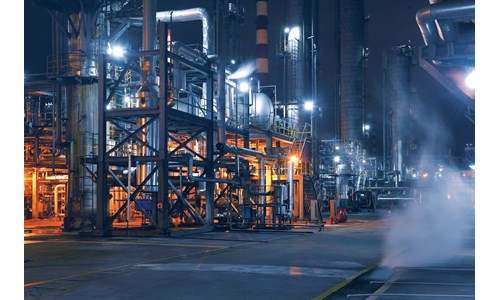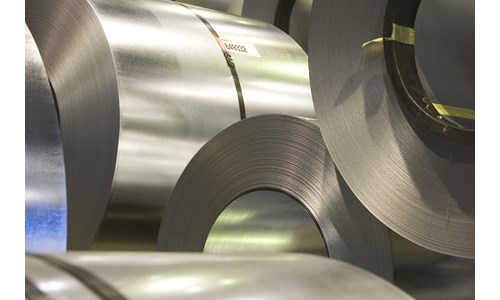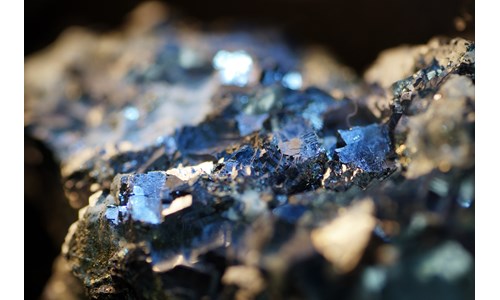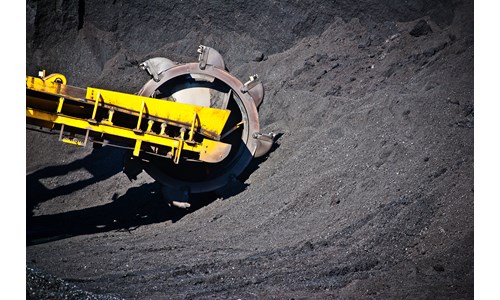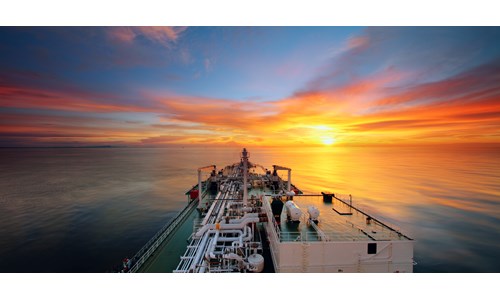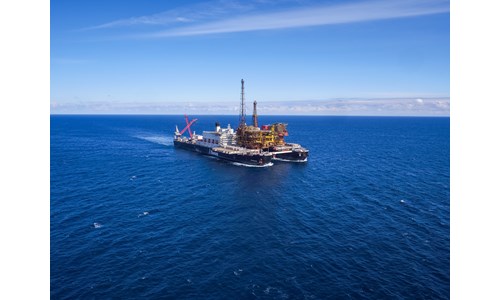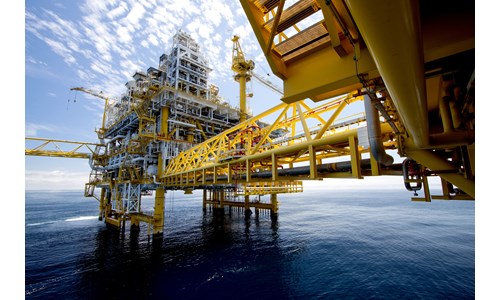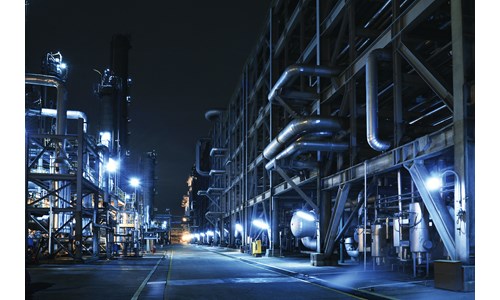Insight
Middle East and North Africa upstream: 2015 in review
This report is currently unavailable
Report summary
2015 was another eventful year in the Middle East and North Africa. Various conflicts across the region impacted upstream operations, particularly in Iraq, Libya, Syria and Yemen. Middle East's OPEC members, led by Saudi Arabia, maintained production levels, and this impacted the global oil price. The Iranian Nuclear Deal was reached in July and is set to transform Iran's upstream sector. Zohr, the biggest discovery of 2015, was made offshore Egypt. However, lower exploration activity led to a steep decline in discoveries. Capital investment remained robust across much of the region, but some countries started to respond to the low oil price and M&A activity remained low. Iran announced new fiscal terms through the Iranian Petroleum Contract (IPC). The IPC aims to encourage investment in Iran's upstream sector. Elsewhere, Oman’s Shura council voted to increase its LNG corporate tax rate. This was in response to the government's growing budget deficit caused by low oil prices.
Table of contents
- OPEC policy, geopolitical events and civil unrest dictated the state of play
- Egypt’s giant Zohr gas discovery dominated regional and global exploration results
- Capital expenditure remained robust across the region, but spend in some countries declined
- MENA accounted for < 1% of global M&A activity
- Iran and Oman propose new fiscal changes
Tables and charts
No table or charts specified
What's included
This report contains:
Other reports you may be interested in
Insight
Middle East and North Africa Upstream: 2023 in review
Recap of the key Middle East and North Africa upstream trends and themes in 2023.
$1,350
Insight
MENA upstream in brief
The latest stories and trends in the Middle East and North Africa upstream sector combined with our expert opinion and analysis.
$1,350
Insight
Future of Exploration Survey results 2024: explorers emboldened and disciplined
Our 2024 Future of Exploration Survey results show greater internal support for exploration while pressures on budget and headcount grow.
$1,300